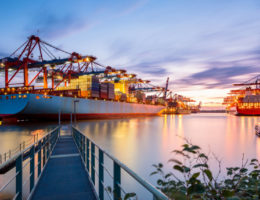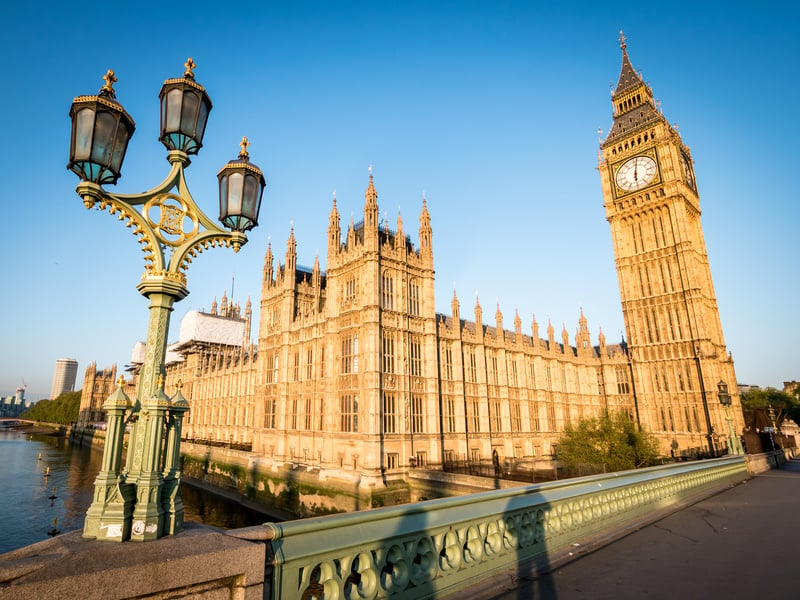On 15 September, during the 2021 State of the Union Address, EU Commission President Ursula von der Leyen announced the European Commission’s intention to introduce a ban on the import of products made with forced labour into the EU market. In her Address, the Commission President noted that there are “25 million people…who are threatened or coerced into forced labour” and that “doing business around the world…can never be done at the expense of people’s dignity and freedom”.
On 14 July 2021, the European Commission adopted a proposal for a new Carbon Border Adjustment Mechanism, which will require importers to report the embedded emissions in certain carbon-intensive products and buy certificates to account for these emissions.
Our 18th Annual Global Trade and Supply Chain Webinar Series entitled, “International Trade & Developments in a World Focused on Recovery & Renewal,” includes the latest international trade developments including updates on trade wars, trade agreement negotiations and key customs, export controls and sanctions developments. In addition to our usual…
Trade between Vietnam and the United Kingdom will continue to be able to enjoy preferential treatment post-Brexit via the UK-Vietnam Free Trade Agreement (UKVFTA), which is intended to replicate the benefits of the European Union – Vietnam Free Trade Agreement (EVFTA).
Four and a half years after the UK voted to leave the EU, a deal between the UK and EU was finally reached. The expiry of the transition period on 31 December 2020 marks the start of a new relationship between the UK and the EU. We have identified the…
Our market-leading UK trade and competition team will share their insights from 26 January – 3 February 2021 as we discuss the impact of the new UK-EU arrangements and adapting your business to the global realities post-Brexit. Full information about these sessions can be found here. Customs and Product Regulation…
Welcome to our first Virtual Year-End Review of Import/Export Developments Conference, a virtual offering for all our clients and friends worldwide. Baker McKenzie’s international trade compliance lawyers from around the world discussed the major global legislative, judicial and administrative activities and trends in export controls, trade sanctions, customs compliance, and…
Our latest report, The Future of UK Trade: Merged Realities of Brexit and COVID-19, explores how the pandemic, coupled with an eventual deal or No-Deal Brexit, will impact the bottom-line of UK businesses and the economy. Together with Oxford Economics and insights from Baker McKenzie’s experts, this report quantifies how a…
Our latest report, The Future of UK Trade: Merged Realities of Brexit and COVID-19, explores how the pandemic, coupled with an eventual deal or No-Deal Brexit, will impact the bottom-line of UK businesses and the economy. Together with Oxford Economics and insights from Baker McKenzie’s experts, this report quantifies how a…
On 25 August 2020, HMRC confirmed that there are now 10 ongoing investigations concerning the corporate criminal offence of “failure to prevent the facilitation of tax evasion (CCO) (see here). This follows HMRC’s previous update on the matter in February 2020 (see here). While this indicates that HMRC have only opened one new investigation since December 2019, a further 22 “live opportunities” are currently under review, which marks a significant increase in activity during the course of this year.
This brings the total number of live CCO investigations and opportunities to 32. It is clear from this that, despite the impact of Covid-19 on resources, HMRC is nonetheless continuing to increase scrutiny through the CCO in its pursuit of corporate criminal tax evasion offences









